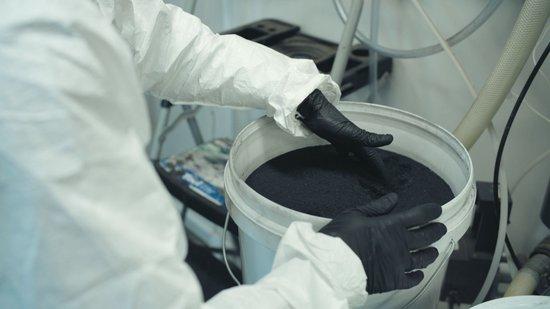
On July 17th, local time, the clean technology company Mint Innovation announced that its power battery recycling project in collaboration with Jaguar Land Rover, LiBatt Recycling, and Warwick University’s WMG (formerly known as Warwick Manufacturing Group), received £8.1 million ($approximately 78.19 million RMB) in funding support. Of this, £4.05 million was provided by the UK government.
On July 13th, the UK Department for Business, Innovation and Skills launched the DRIVE35 program, which will allocate £2.5 billion ($approximately 24.1 billion RMB) over the next decade to support zero-carbon transformations in British automotive companies.
According to the plan, registered UK businesses can apply for funding for zero-emission vehicles and their supply chains. Specifically, eligible projects include vehicle assembly, upgrading or building new factories, batteries (including superfactories), motors and drive systems, power electronics devices, fuel cells, upstream supply chains, and recycling.
APC (Advanced Propulsion Centre UK) predicts that by 2040, the UK will generate 235,000 tons of power battery waste. However, currently, there is a lack of compliant enterprises in the UK capable of scaling up the recycling of power batteries.
It is reported that Mint Innovation’s power battery recycling project aims to validate its low-carbon wet black powder refining technology for recycling lithium, cobalt, nickel, and other components from power batteries for recycle production. The project will be carried out in West Midlands, England, and is expected to be completed by 2028.
Lithium Battery Black Powder – Mint Innovation
Robin Brunner, founder of Recyclus, the parent company of LiBatt Recycling, stated: “Mint Innovation’s low-carbon black powder refining process is exactly what the industry needs. We believe this project will deliver tangible results, allowing used batteries to complete their cycle.”
In November 2020, the UK government announced that it would officially ban the sale of pure fuel cars and hybrid electric vehicles by 2030. In September 2023, the UK government postponed the ban on fuel vehicles to 2035. In April 2025, the UK government announced that the previously postponed fuel vehicle ban would be reinstated by 2030, but sales of hybrid vehicles could be relaxed until 2035.